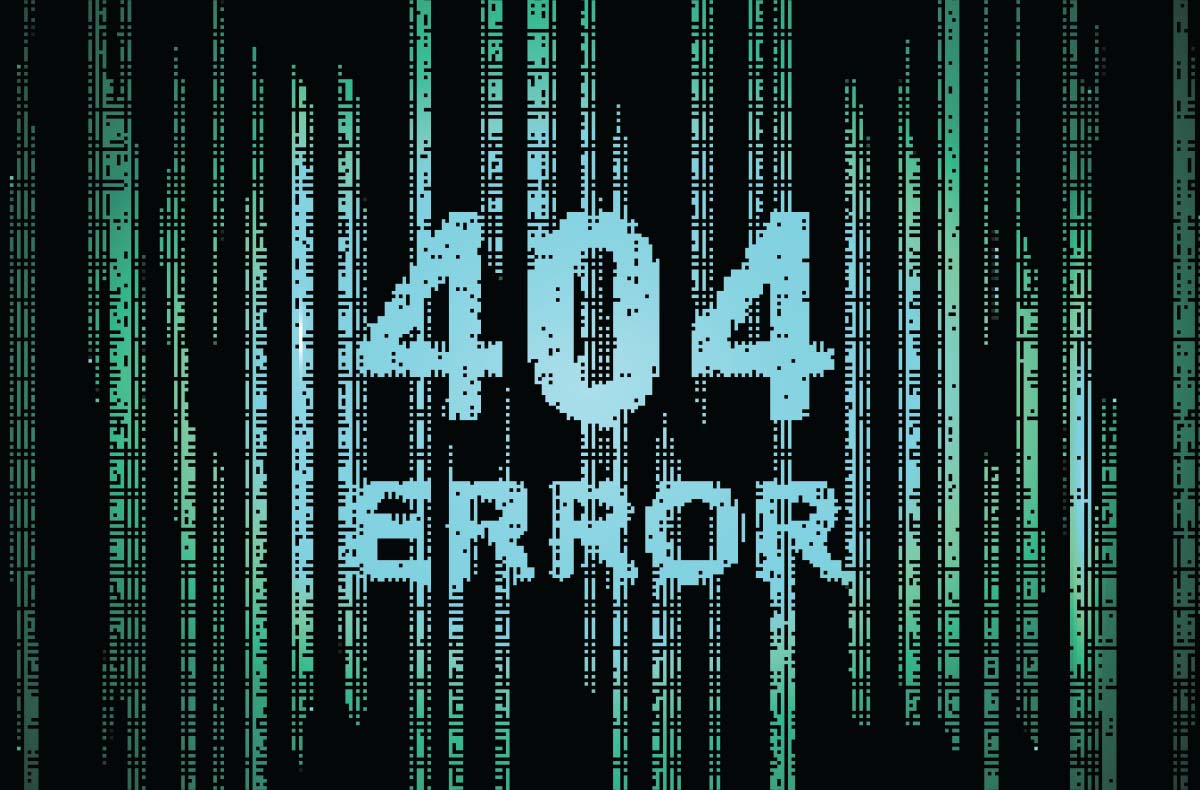
Much has been made of the interplay and tensions between the outlooks of political philosophers Thomas Hobbes and Jean-Jacques Rousseau. The former made a forceful case for central authority and structure in society, perhaps most famously articulated in his claim that without this, life for the vast majority would be “solitary, poor, nasty, brutish and short.” The latter is associated—perhaps erroneously, but in this article, we will presume not—in stark contrast with the belief that this very same centralised power and social structure were the overarching corruptors of humanity. He is thus closely aligned, despite never having used the term himself, with the concept of the “noble savage”—the idea that people are essentially good prior to exposure to wider civilisation’s corrupting influence.
We can see the opposition between these two views in many of the debates that play out in politics and philosophy up to this day. They can easily be identified at the pole positions in the hotly-contested topics of policing and violent crime and the practices of colonialism and imperialism, and in the slightly less contentious area of parental freedom in the raising and education of children. In general, Hobbes might be more readily associated with the right-wing “conservative” end of the political spectrum, and Rousseau with the “liberal” or “progressive” left. However, if we make reference to a version of the popular two-axis political compass that many use as a more nuanced alternative to the simplistic “left-right” political conceptualisation (see below), we can broadly associate the Hobbesian view with the “authoritarian” (top) end of the vertical axis, and the Rousseauian view with the opposite, “libertarian” (bottom) end.

Adherents to these two traditions tend to have specific—and in a way similar—perceptions of both themselves and their opponents in terms of intelligence, intellectual maturity and wisdom. It becomes clear upon examination that both sides ascribe to themselves the aforementioned attributes plus moral virtue, due to the supposed complexity and accuracy in their understanding. Thus, they also tend to view their opponents as the opposite: stupid, immature, naïve, and at worst, evil.
As mentioned above, one key area where the differences between these two worldviews is clear is in policing and violent crime. The Hobbesian view factors heavily into “law and order” political rhetoric, which holds that only a strong expression of coercive centralised (usually state) power can keep people from hurting one another. By way of example, the Brazilian City of God and Elite Squad films and American TV series The Wire all show sections of society that exist in large part beyond the reach of the law, and the “brutish and short” lives much of their populations live due to this absence of order. Hobbes’ intellectual descendants would be quick to claim that the naïveté of their opponents lies in their thinking that the vacuum created by the absence of police would lead to anything other than the sort of violent gang “war of all against all” seen in these works of reality-informed fiction. They would also be able to further bolster their point by pointing out that even control by a single gang is preferable, at least in terms of levels of violence, to a complete power vacuum. In both the Brazilian films and American series, we consistently see how both body counts and petty crime skyrocket wherever territory becomes contested. This makes clear, in the Hobbesian view, the inevitable need for control and coercion, even if by dubious actors.
The Rousseauian response to this is twofold. First, they would quickly return the accusation of naïveté, but with a focus on the Hobbesian entrustment of particular individuals, groups and institutions with the enforcement of the law. This view is perhaps most starkly demonstrated in recent calls to “defund the police.” As we can again see in the media examples above, the police can be corrupt (City of God), bureaucratically disinterested (The Wire) or at times rivalling the brutality of those they are meant to apprehend (Elite Squad). Though Hobbes originally sought to defend monarchies, many of the same defects also apply to control by single armed groups. These unaccountable figures may keep the peace in general, but can also become mini tyrants who freely commit atrocities—like City of God’s infamous child murder and Elite Squad’s “murders on the hill” scenes—or otherwise force an entire swathe of society into a miserable existence, as illustrated in The Wire’s heroin-plagued Baltimore.
The second accusation of Hobbesian naïveté would focus on the ignorance of how society’s wider structure actually creates the conditions for a seemingly ‘natural’ violent state to arise. In the City of God, the creation of a slum and internal displacement of many to this area with very little social support or infrastructure was clearly key. In both Elite Squad and The Wire, we can see how social exclusion and failing institutions help foment the conditions for violent crime. In all three, entrenched cycles of poverty clearly play a role that no individual is responsible for.
Turning now to the subjects of colonialism and imperialism, we can see some parallels, which can again be illustrated through popular film references. Apocalypto has been held by some to show Mayan civilisation in a negative (savage) light to provide some justification for European colonialism. This, then, reflects the Hobbesian rejection of the “noble savage”: the film characterises a more “primitive” culture as violent, amoral, and sadistic, suggesting that those who idealise them are naïve apologists for their behaviour. Apocalypto’s plot revolves around the members of a small Mesoamerican tribe who are kidnapped by the larger Mayan society to be used as slaves and/or human sacrifices. The implication—at least in the eyes of the aforementioned critics—is that European colonialists who are seen arriving in ships during the ambiguously ominous final scene will eventually end the sort of intra-native oppression illustrated so graphically up to that point. In other words, the overwhelming coercive power of the arriving Europeans and their culture in fact puts an end to the savagery that the main protagonists were experiencing on that continent.
In stark contrast, the science fiction film Avatar has a distinctly Rousseauian central premise. Here, the native species live in harmony both with one another and with the flora and fauna of their home planet, Pandora. The arriving extractive colonialists represent a clear evil, seeking to mine the planet, thereby essentially destroying the natives’ peaceful existence and habitat. Though this motive of sheer greed is clear in the film’s context, Rousseauian thinkers tend to attribute such motives to all who attempt to impose coercive control onto others. Therefore, they see as naïve Hobbesian thinkers who believe more powerful nations have the right to intervene and to force “positive” changes within other societies, even if justified in the language of progressive ideals, such as human rights and freedom from tyranny. A Rosseauian reading of Apocalypto—aside from pointing out the atrocities that would be carried out later by European colonisers—may see the protagonists’ small tribe as embodying their ideal of peaceful natives, contending that the Mayans who capture them still represent centralised power, albeit in a more localised form.
Though the above represent topics on which the two camps are ever more polarised, there are others where more nuance has been adopted by both sides, as in the realm of parental rights. Societies such as the UK and US have a general respect for parents’ rights to raise their children as they see fit, a sentiment which would generally be seen as Rousseauian, but which enjoys bipartisan support. However, both sides have also generally agreed—at least over the last century—that the state has a right and indeed a duty to intervene where parents are abusive towards their children, or where parents might radicalise their children into ideologies incompatible with their healthy, peaceful integration into democratic and pluralistic societies.
Looking at all the above, it’s clear that neither side alone can provide a solid tool to address real-world problems; the answers invariably lie somewhere between the two. Some theorists, such as the Left Realists in criminology, and literary figures such as Chinua Achebe, have already sought a more nuanced understanding of crime and colonialism, respectively. Rather than throwing accusations of naïveté at one another for considering the self-interested, cruel nature of some individuals or the very real impact of certain social structures on people’s lives, we should seek to incorporate as deep and issue-specific an understanding of both into our thinking as possible. This is the only way in which we, both as a society and as individual thinkers, can achieve true intellectual maturity and wisdom on such multi-layered topics, and in the process generate adequate solutions to hugely complex problems with implications for us all.


